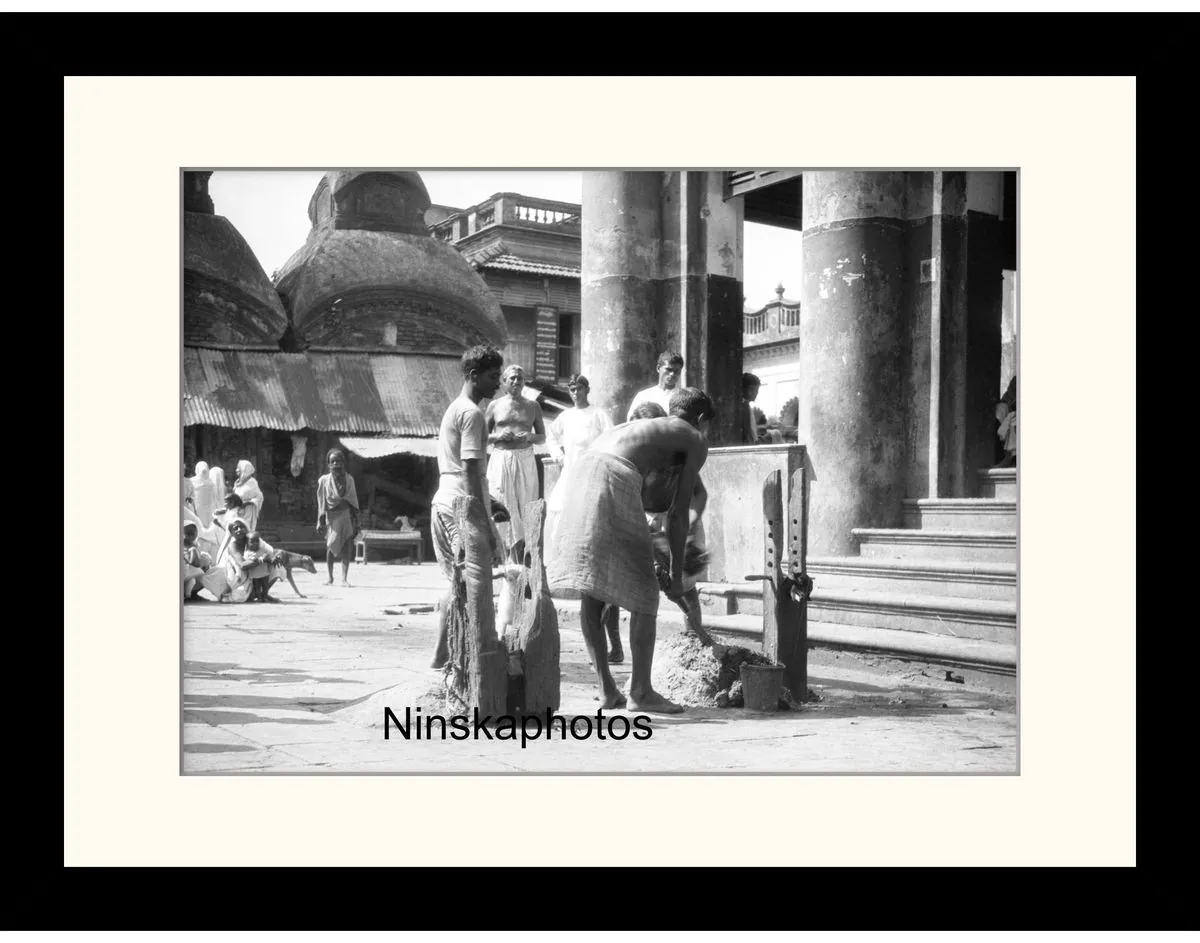Secret cold war games: How spies shaped modern India's global position
A fresh look at Western spy agencies work in post-independence India reveals surprising facts about US-India intelligence ties. New research shows how cold-war era operations still impact todays global politics

The post-independence era in India became a hidden battle-ground for global spy networks (a fact thats often overlooked in history books). Paul M McGarr new book brings fresh insights about this secret cold-war history
In the early 50s‚ Indias first leader Jawaharlal Nehru faced a tough choice: how to deal with Western intelligence agencies. He didnt trust them but needed their help; this led to some odd partnerships with British spies. The Americans got less trust at first but later became key players in Indian intel-ops
The most interesting spy-games happened right in New Delhi:
- Secret nuclear monitoring in Himalayas
- CIA flights over Tibet
- British agents tracking Soviet moves
- Top-secret info sharing about China
A big change came after the Chinese attacked India about 60 years ago. Nehru had to accept more help from US spies‚ which started Operation Hat - a super-secret mission to watch Chinese nuclear tests from mountain peaks. One nuclear-powered device got lost in an avalanche (and its still missing somewhere in Nanda Devi)
The spy world saw India as a perfect spot for east-west contacts since it was between both sides. Even Stalinʼs daughter picked New Delhi for her dramatic escape to the West in the late 60s. The city became so full of spies that some small border towns had more agents than normal people
Todayʼs India-US intelligence partnership is stronger than ever but faces new problems. Narendra Modiʼs government works closely with US agencies to watch China‚ but some old trust issues dont go away. Recent issues with overseas operations show how complex these spy-partnerships can be
Intelligence cooperation between nations needs shared values not just shared enemies





























